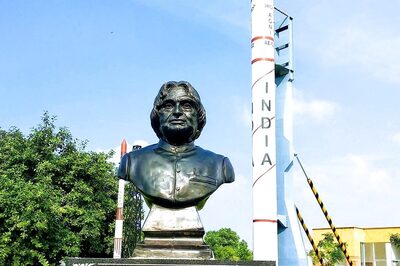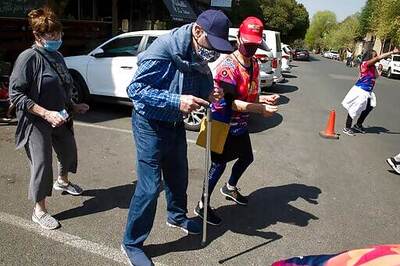
views
Thyroid diseases, including thyroid cancer, significantly impact the physical well-being of patients undergoing treatments such as surgery and radiation therapy. This article explores the role of physiotherapy in addressing mobility issues and enhancing the quality of life for thyroid cancer survivors.
- Physical Exercise and RehabilitationPatients with thyroid cancer often experience muscle weakness, reduced range of motion, and fatigue due to surgical interventions and other treatments. Physical exercise emerges as a key component in the rehabilitation process, improving cardiovascular fitness, muscle strength, and body composition while reducing fatigue. Aerobic exercises, strength training, and flexibility exercises tailored to individual needs have shown promising results. Collaborative efforts among healthcare professionals are essential to design safe and effective exercise programs, taking into account individual characteristics and treatment-related side effects.
- Neck Disorders and RehabilitationThyroid cancer treatments can lead to neck disorders, causing pain, stiffness, and limited range of motion. Rehabilitation strategies focus on range of motion exercises, myofascial release, joint mobilization, and postural exercises to alleviate discomfort and improve neck function. Tailored rehabilitation programs address individual needs, promoting optimal recovery.
- Surgical Scar RehabilitationSurgical scars are common outcomes of thyroid cancer treatment, impacting both physical and psychological aspects of patients’ lives. Scar management techniques, including soft tissue mobilization, silicone sheets, kinesiotaping, and laser therapy, contribute to scar healing and reduce pain. Digital innovations and patient-centered approaches may further enhance the implementation of comprehensive rehabilitative strategies.
Physiotherapy plays a crucial role in addressing the physical challenges faced by thyroid cancer survivors. Tailored exercise programs, neck rehabilitation, and scar management techniques contribute to optimizing mobility and enhancing the overall quality of life. As the field evolves, digital innovations offer promising avenues to make rehabilitation more accessible and patient-centered. This comprehensive approach emphasizes the importance of addressing not only the physical but also the psychological and vocational needs of thyroid cancer survivors, providing valuable insights for healthcare professionals and researchers alike.


















Comments
0 comment